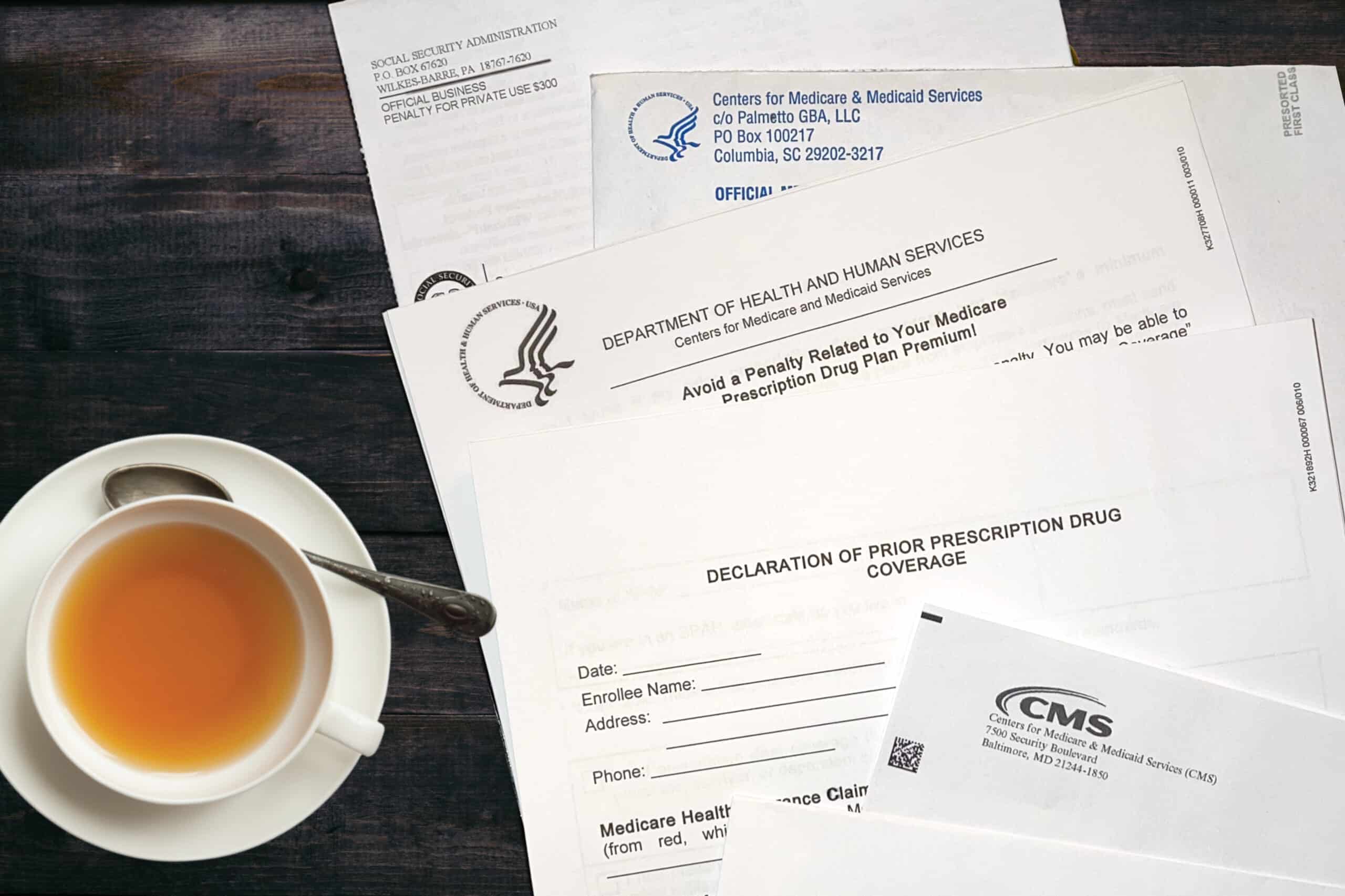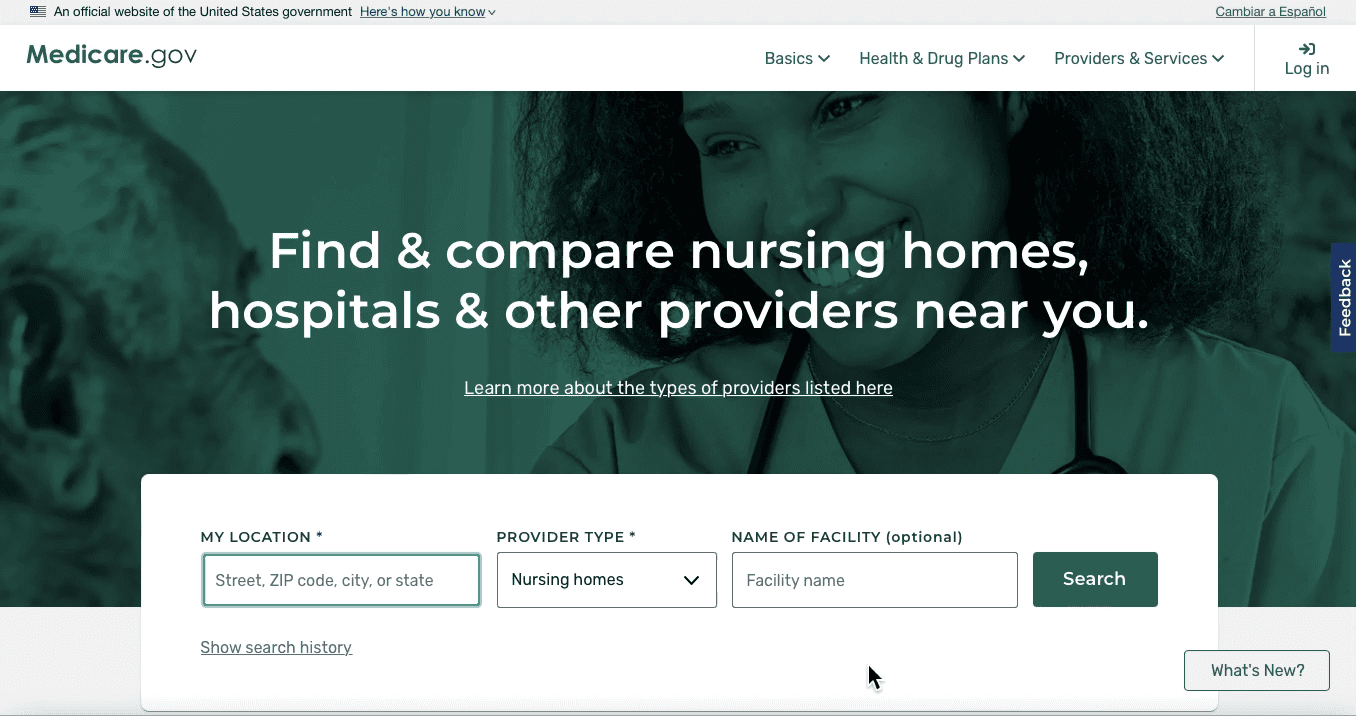Trusted Life Insurance Broker In New Jersey
GET AN INSURANCE QUOTE!
Why do you need life insurance?
Everyone deserves a secure financial future — and that’s why life insurance in New Jersey is so important. Whether you’re just starting out, have a home or family to protect or you’re getting ready to retire, a life insurance policy in NJ can help you give your family financial peace of mind if you are no longer there.
Jersey Senior Advisors can show you a number of coverage options you can tailor to your priorities and budget. In fact, NJ life insurance plans may be more affordable than you might think.
GET AN INSURANCE QUOTE!
What is Life Insurance?
A life insurance policy is a contractual agreement between you and your broker or insurance provider. Typically, the policy holder agrees to pay a monthly premium, and in exchange, the insurance company provides a stipulated amount of cover. Beneficiaries will receive a payout if the policy was active at the time of the policy holder’s death. The payout is intended to provide financial relief and assistance in paying expenses such as funeral costs, a mortgage, or day-to-today expenses.
What Are the Different Types of Life Insurance?
Term Life Insurance
Universal Life Insurance
Mortgage Protection Life Insurance
Whole Life Insurance
Final Expense Life Insurance
Term Life Insurance
New Jersey Term Life Insurance provides a low-cost death benefit for a specific length of time. Policy holders decide on the coverage amount and term duration. They also have the opportunity to switch to other permanent options should they wish.
Universal Life Insurance
Offers a guaranteed death benefit with no gap in coverage, as well as premium payment flexibility and the ability to accumulate cash value–all while earning a low interest rate.
Mortgage Protection Life Insurance
When a co-signer passes away, mortgage protection life insurance in New Jersey covers the outstanding mortgage payments. You purchase a policy, pay monthly payments, and your coverage expires at the conclusion of the policy term. A death benefit is provided to your beneficiaries if you die within the policy’s term.
Whole Life Insurance
Whole life insurance refers to life insurance that will cover the insured for the rest of their lives if premiums are paid on time. Whole life insurance is the most prevalent kind of permanent life insurance in NJ. It should not be confused with term life insurance, that provides coverage for a specific amount of time. Whole life insurance is typically more expensive than other types of life insurance but affords beneficiaries with lifelong protection as well as a growing cash value element.
Final Expense Life Insurance
Final expense life insurance refers to a policy with less strict approval criteria and a limited death benefit. The terms final expense insurance, burial insurance or funeral insurance are used interchangeably. Payout is made directly to the policy’s beneficiary and may be used to cover burial costs and other end of life needs of the policyholder. It is usually designed for adults older than 50 years that may have some medical conditions.
What should I do next?
Contact us to schedule your free strategy planning session. You can also press the “Click to Call” button above to reach us today
Insurance Quote
NJ Life Insurance FAQs
Do I need to be in perfect health to purchase life insurance?
The extent of the underwriting depends on the type of policy you are purchasing. For instance, final expense life insurance, dedicated to end-of-life expenses, requires minimal underwriting and generally, does not require a blood or urine exam. Companies offering term life insurance will ask a plethora of health and financial questions. If the insurance company deems that you are not in the perfect of health, they may grade the policy, increase the quoted premium, or deny you the policy altogether.
After a term life insurance policy is submitted, how long will it take to go through underwriting and processing?
If you were hoping to get a term life insurance policy within 1 week, you have set yourself up for disappointment. It can take anywhere been 2-6 weeks to issue a term life insurance policy. Keep in mind that the company must order blood and urine samples, go through your past medical information provided through the Medical Information Bureau (MIB) and financial history provided in the application to ensure that you are healthy, will be able to make payments for the life of the policy, and are not conducting any fraudulent behavior.
What is Whole Life insurance?
Whole life insurance, also called Permanent life insurance, offers a fixed face amount, or death benefit, over the life of the insured and pays benefits to the beneficiary upon the insured’s death. As premiums are paid into the policy, the policy slowly builds tax deferred cash value minus business and expense charges. The premiums are fixed for the life of the policy and loans can be assessed from the cash value. Most policies mature at age 100, meaning, if the insured lives to 100 years old, the policy will be paid to the insured.
What is Level Term Life insurance?
Level Term life insurance is one of the simplest forms of life insurance. Policies provide coverage for a specified period, usually 10, 15, 20, or 30 years and have high face amounts ranging from $25,000- $1,000,000. The policy does not build cash value and the premium remains level for the term of the policy.
My term insurance policy is ending soon, should I renew it?
Many term insurance policies in NJ can be renewed at the end of the specified term without evidence of good health. What the insurance company does not tell you is that the renewed premium does not have to be the same as what you were paying in the past. Oftentimes, the company will double or triple the premium upon policy renewal. Generally, it makes more sense to purchase a new policy rather than renew an old one if you are in fair health.
I was denied a life insurance policy from the insurance company, what are my other options?
Although there are countless life insurance companies to purchase policies from, they all ask similar health questions. Not to mention, a common question on life insurance applications is, “Have you even been denied a life insurance policy?” There are term insurance policies that offer simplified underwriting, but you can still be denied for certain conditions. Overall, your best bet at receiving life insurance would be through an employer. Should you work past a certain age such as 70, the insurance company can still request evidence of eligibility.
What kind of information will I need to sign up for a life insurance policy?
Make sure you know your beneficiaries and their dates of birth prior to inquiring about life insurance. Additionally, if you have other life insurance policies, make sure to have your policy information with you including face amount, term (if applicable), policy number, and company name. Finally, you will need financial information including your household income, total debts, and total assets.
How much does the average funeral cost?
According to the National Funeral Directors Association, the median cost of a funeral with a viewing and burial in 2021 was about $7,848 and about $6,971 for a funeral with cremation.
What are the inheritance and estate taxes in NJ?
Since 1892, New Jersey has imposed an inheritance tax on property transferred from a deceased individual to a beneficiary. The tax is based on who will receive the property/assets and how much everyone is entitled to. Class A individuals exempt from inheritance tax includes:
- Spouse
- Civil Union Partner
- Domestic Partner
- Child (includes legally adopted child)
- Grandchild, great-grand child
- Parents, grandparents, etc.
- Mutually acknowledged child
- Stepchild (but not step grandchild)
The tax is also based on the descendant’s residency, as a legal resident of NJ or another state. On January 1, 2018, the New Jersey Estate Tax was completely phased out and no longer imposed.
What is the difference between a beneficiary and a contingent beneficiary?
A life insurance beneficiary is the designated person who will receive the death benefit following the death of the insured. If there are multiple beneficiaries, you must designate the percentage of proceeds each individual or entity will receive. The percentage must add up to 100%. A contingent beneficiary is a person of your choosing who will receive the death benefit if all the primary beneficiaries pass away before the insured. You do not have to designate a contingent beneficiary, though it is recommended if you only have one or two primary beneficiaries.



